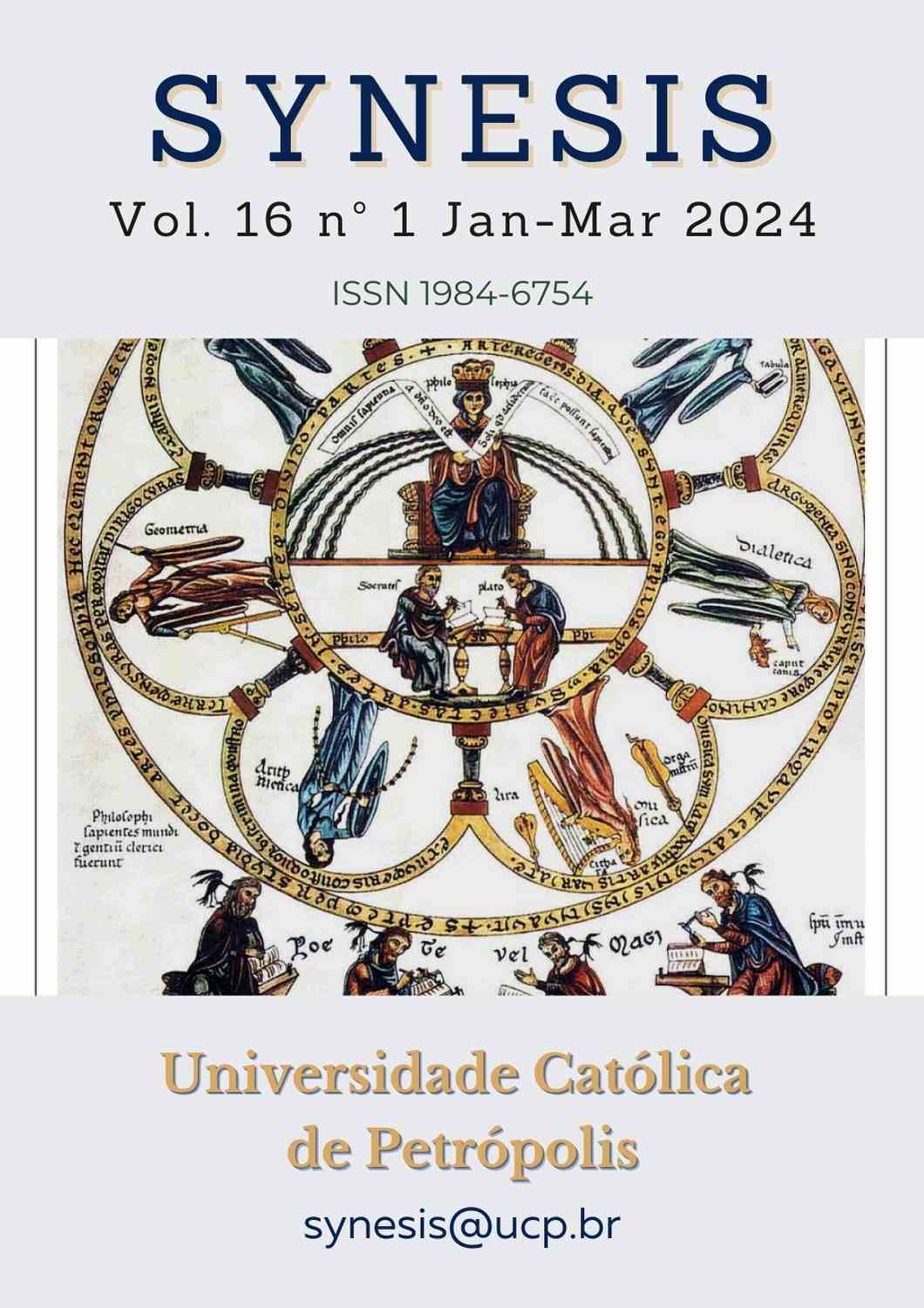Resumo
Este artigo investiga as perspectivas filosóficas de Tran Nhan Tong, concentrando-se particularmente em pontos de vista ontológicos; no que diz respeito à moralidade humana e ao cultivo da sabedoria e da conduta ética; em relação à vida e à morte humanas, destacando notavelmente o conceito de "mente tranquila", que significa a característica de herança integrada, a praticidade e o profundo espírito humanístico incorporado na meditação engajada positiva do Dai Viet durante os séculos XIII a XIV.
Referências
Doan Chinh. (2013). Philosophical Ideas From The Nation-Building Period To The Early Twentieth Century, Hanoi : National Politics Publishing House.
Nguyen Hung Hau. (2002). Outline of Vietnamese Buddhist Philosophy - from the beginning to the 14th Century. Hanoi: Social Sciences Publishing House.
Le Manh That. (2006). Collection of Vietnamese Buddhist Literature. Ho Chi Minh City : Ho Chi Minh City General Publishing House.
Institute of History. (1980). Vietnamese Society in the Ly - Tran Dynasties. Hanoi: Social Sciences Publishing House.
Institute of History. (1989). Institute of Literature: Poetry of Ly - Tran. Hanoi: Social Sciences Publishing House.
Tam to thuc luc. (1995). Vietnam Buddhist Research Institute.
Tran Trieu Dat Ton Phat Dien Luc. (1943). Hanoi: Northern Buddhist Association.
Vietnam Institute of Social Sciences. (1978). The Complete Annals of Dai Viet, Vol. 2. Hanoi : Social Sciences Publishing House.

Este trabalho está licenciado sob uma licença Creative Commons Attribution-NonCommercial-NoDerivatives 4.0 International License.
Copyright (c) 2023 Synesis (ISSN 1984-6754)

